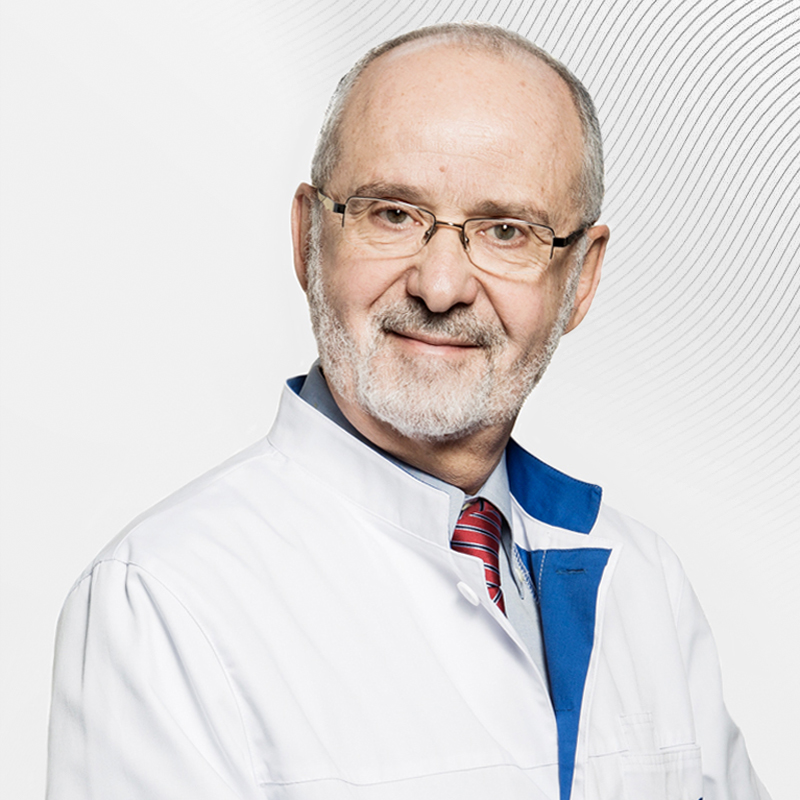Psychotherapeutic support
The provision of medical care to patients with severe somatic diseases must necessarily include psychotherapeutic support for the patient and his family members throughout the treatment.
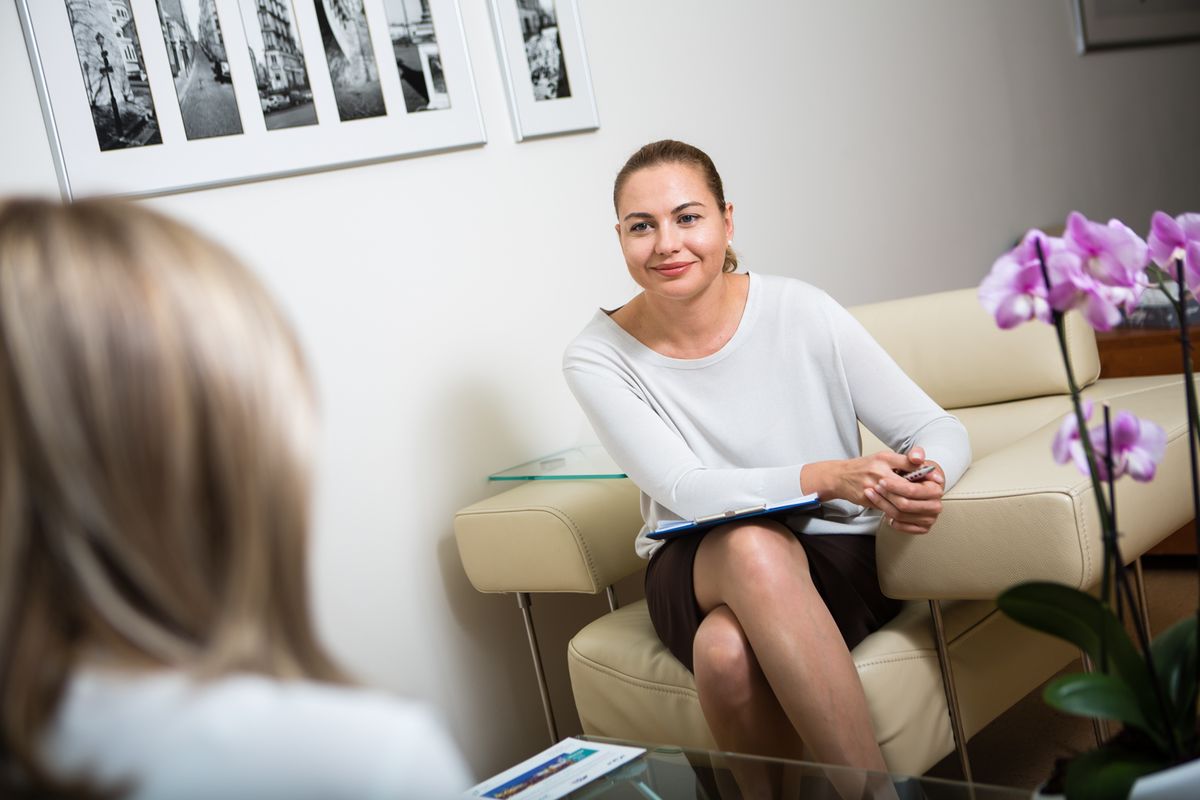 At the EMC Clinic of Psychiatry and Psychotherapy under the guidance of a psychologist, psychotherapist, member of the Educational Committee of the International Society of Psychosocial Oncology Natalia Rivkina has developed psychological support programs for patients with serious illnesses, as well as their family members, aimed at:
At the EMC Clinic of Psychiatry and Psychotherapy under the guidance of a psychologist, psychotherapist, member of the Educational Committee of the International Society of Psychosocial Oncology Natalia Rivkina has developed psychological support programs for patients with serious illnesses, as well as their family members, aimed at:
-
overcoming stress associated with the onset of the disease,
-
improvement of treatment tolerance,
-
maintaining the quality of life.
Effectiveness of psychotherapy
Severe somatic diseases are stress that, in the absence of specialized care, can provoke the development of mental disorders, such as depression or anxiety disorders, as well
as social maladaptation.
Research shows that psychological support within the framework of basic treatment not only allows the patient to receive information about various aspects of the disease, reduces stress and emotional tension, but also significantly increases the effectiveness of therapy.
Psychotherapeutic care in EMC
In order to prevent the development of emotional reactions to stress, it is necessary to provide psychotherapeutic support in a timely manner, as early as possible from the moment the patient learned about his illness.
Such assistance in the EMC Psychotherapy Clinic is provided through the use of cognitive behavioral therapy technologies and specialized work with breathing and body.
This makes it possible to control the symptoms of cancer and other severe somatic diseases, reduce the severity of side effects, increase the threshold of pain sensitivity, and improve the quality of life.
Together with the patient and his family, we build a certain sequence of steps that help not only overcome the disease, but also to independently find the right solution in difficult situations.
Psychological support for cancer patients in remission
Cancer remission is a stage that both doctors and patients strive for. However, different types of cancer, types and methods of therapy, and many other factors determine the individual characteristics of the remission stage, including the timing of its onset. In general, remission in oncological diseases can be defined as the absence of relapses for five years after the completion of the active phase of therapy.
Psychological support for cancer patients in remission is one of the main stages on the way to recovery for such patients. And if, at the stage of active treatment, the role of psychotherapy is obvious (coping with painful symptoms, side effects of therapy, depressive experiences and anxiety, etc.), then in order to understand the role of psychological factors at the stage of remission, it is necessary to understand that cancer brings with it major changes in the body, and in this case it is possible the appearance of restrictive behavior, which may not affect the recovery process in the best way (in some cases significantly slowing it down). By attending psychological groups and individual psychological consultations during remission, patients change their behavior style, learn self-help and self-support techniques, so that everyone who has gone through this disease can live a more complete and harmonious life.
For many patients, the initial shock of realizing the presence of cancer without qualified psychological support is difficult to bear and difficult to overcome. All efforts of patients receiving psychological help are aimed at reducing stress, which helps to shorten the recovery period after treatment, and entering remission occurs much faster than in patients who do not receive specialist support (as evidenced by numerous studies by leading institutes in the United States and Europe). In addition, participating in psychological groups and attending individual classes with a psychologist during remission increases immunity, which significantly reduces the likelihood of relapse (according to research conducted by the Ohio State University World Cancer Center, the risk of cancer recurrence is reduced by 56%)
.
Psychological help is very important for people who have had cancer and are in remission. The success of the cancer care program lies in its ability to reduce stress in patients, as stress has the greatest impact on the neuroendocrine and immune functions of the body. The cognitive behavioral stress management program helps to reduce the patient's anxiety about his underlying disease and reduce the level of cortisol in the blood, which affects the general condition, which in turn helps to restore the functions of the immune system faster after chemotherapy and radiation.
The programs of the EMC Psychotherapy Clinic are qualified professional support that will help you acquire stress reduction skills, learn techniques that allow you to cope with depressive states on your own, as well as stabilize your psychological and physical health through diets, physical exercises, and specially designed programs that include dealing with stress, anxiety, and depressive experiences. In the classroom, the patient can learn about progressive muscle relaxation to reduce stress and fatigue. The specialists of the EMC Psychotherapy Clinic simultaneously work with family members, relatives and close people of the patient.
Get help
Specify your contacts and we will contact you to clarify the details.
Doctors
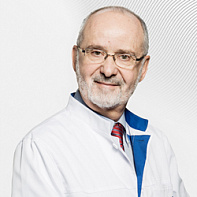
Evgeniy Libson (Israel)
Deputy Director of the Institute of Oncology, Chief Consultant on Cancer Diagnostics, Professor of Radiology. Chief Specialist in Cancer Diagnostics and CT-guided Biopsies, FRCR, FRCR
-
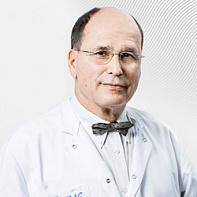
Milliet Jean Rene
Leading specialist of the Otorhinolaryngology Clinic specializing in Head and Neck Surgery
-
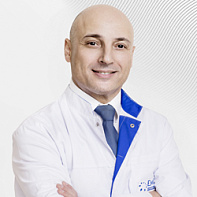
Salim Nidal (Israel)
Director of the Institute of Oncology
-
.jpg)
Ruben Metsaturyan
Head of the Surgery Department and Acting Head of the Surgical Clinic, Doctor of the highest category, Ph.D. of Medical Sciences
-
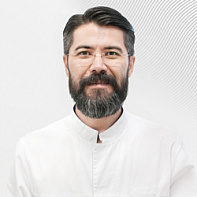
Anvar Iuldashev
Ph.D. of Medical Sciences
-
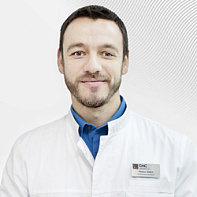
Vladimir Nosov
Ph.D. of Medical Sciences
-
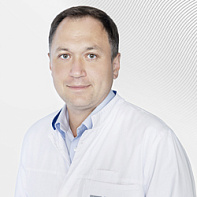
Iskander Abdullin
President of the Association of Young Urologists of Russia (AMUR, Ph.D. of Medical Sciences
-
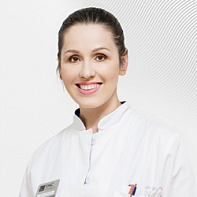
Irina Vasilieva
Head of the Mammology Clinic
-
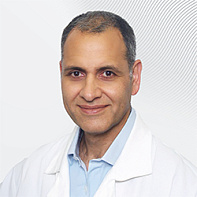
Nir Peled
Professor, Doctor of Medicine
-
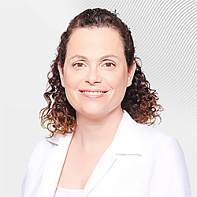
Shlomit Yust-Katz
Doctor of Medicine, Professor
-
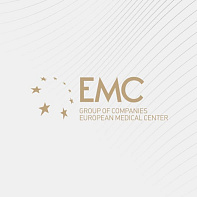
Eyal Fenig
Professor, Doctor of Medicine
-

Dmitriy Semichev
-
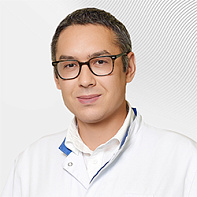
Denis Salakhov
Doctor of the highest category
-
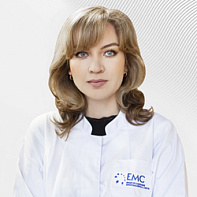
Olga Smirnova
Oncologist expert in antitumor treatment of malignant neoplasms (immunotherapy, targeted treatment, chemotherapy, hormone therapy), Ph.D. of Medical Sciences
-
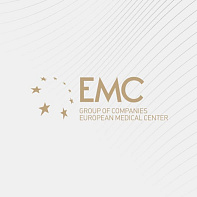
Olga Penkova
-
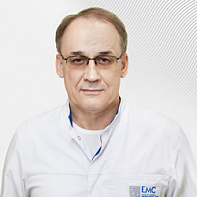
Dmitry Ruchkin
Leading thoracoabdominal surgeon of the Russian Federation, Doctor of Medicine, Professor
-
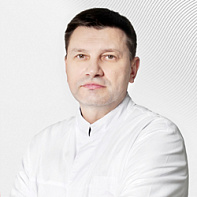
Igor Andrreytsev
Doctor of Medicine
-
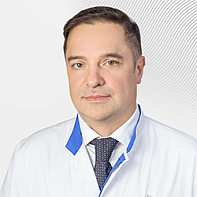
Aleksey Kovalenko
-
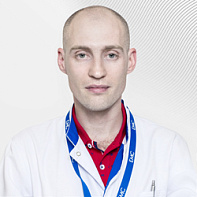
Stanislav Borzyanitsa
Doctor of the first category
-
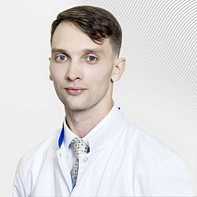
Ilya Loyko
-
Evgeniy Libson (Israel)
Deputy Director of the Institute of Oncology, Chief Consultant on Cancer Diagnostics, Professor of Radiology. Chief Specialist in Cancer Diagnostics and CT-guided Biopsies, FRCR, FRCR
- Actively participates in the work of scientific and research institutions
- He currently holds the position of Professor of Radiology at Hadassah Hospital. Member of the Education Committee of Hebrew University – Hadassah School of Medicine
- Awarded for outstanding contribution to Israeli Healthcare - Israeli Medical Association
Total experience
54 years
Experience in EMC
since 2011
